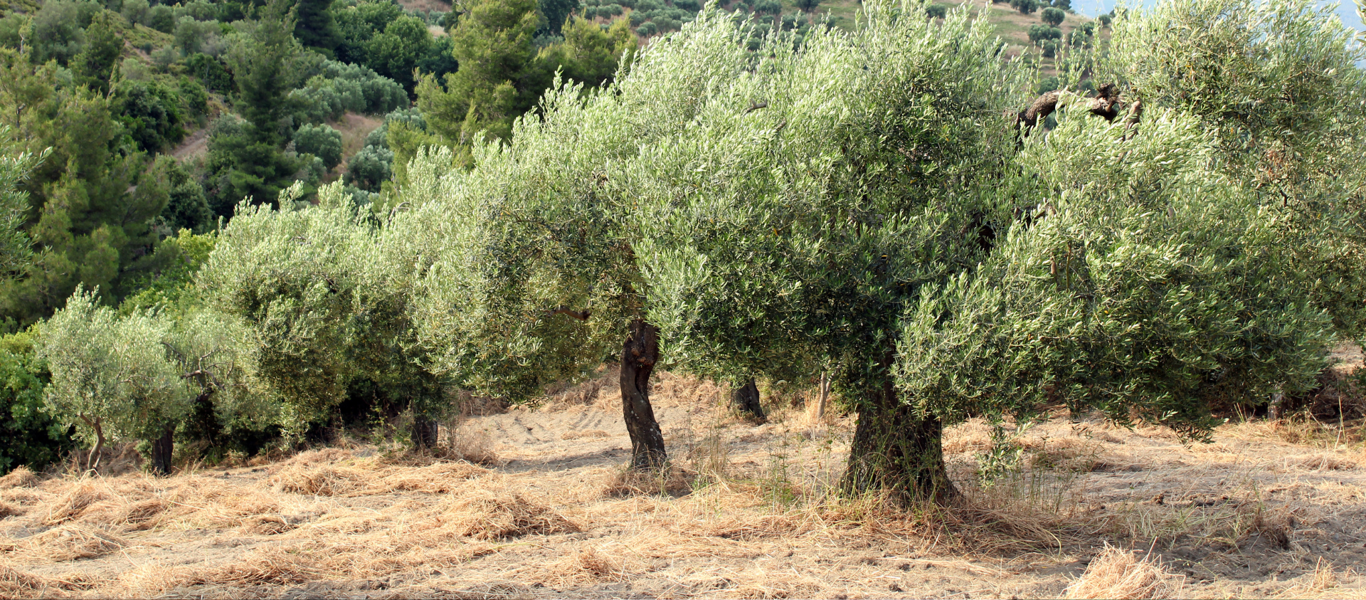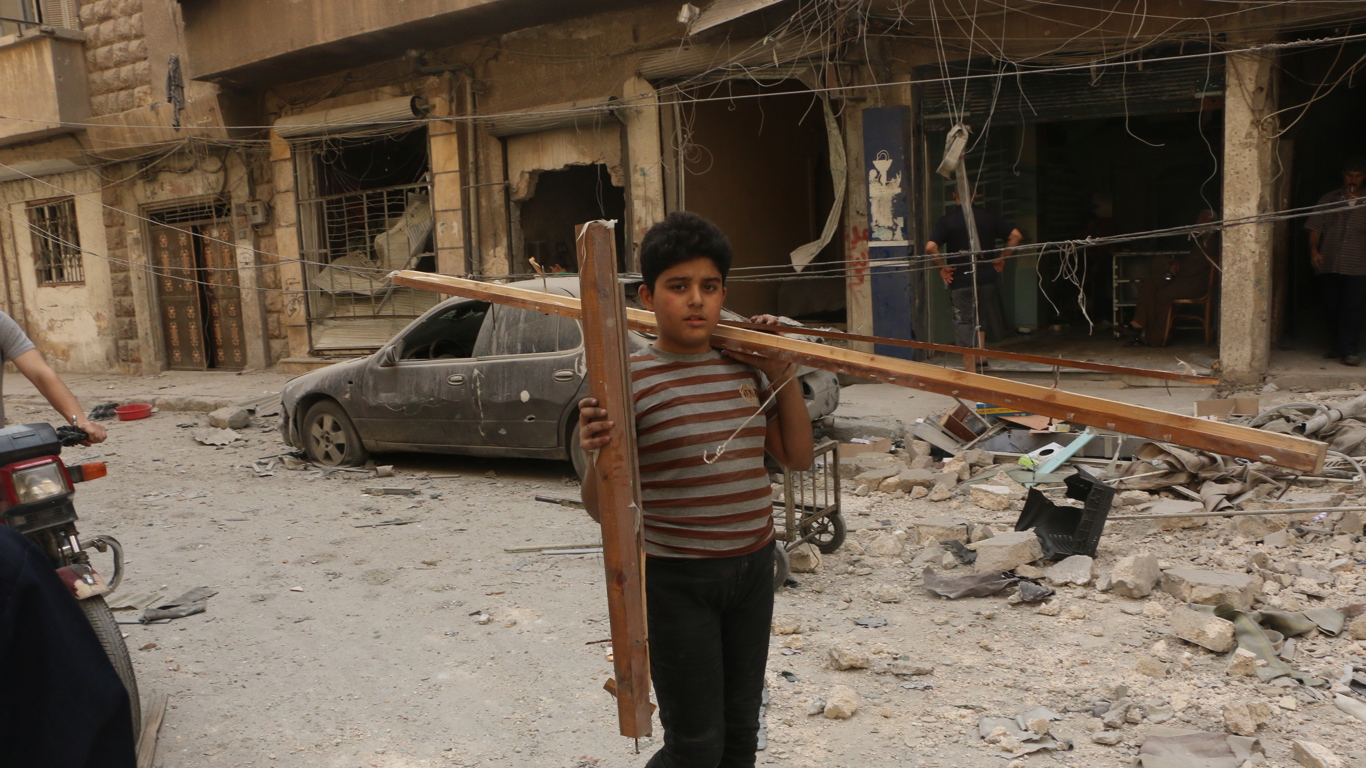
The Importance of Olive Trees
One of the oldest crops in the world, the olive tree has huge significance within Middle Eastern culture.
Its true genetic origin is unclear; some say its cultivation began in Crete around 5000 BC, whereas others say it originated in Syria, Iran and Palestine.
With a lifespan of up to 2000 years, olive trees provide families with produce - and income - for generations. This makes planting an olive tree a fantastic way to give Sadaqah Jariyah - it provides lasting rewards and transforms the lives of families in need!
History
The history of the olive tree began around 7000 years ago in the Eastern Mediterranean. A symbol of peace, wisdom and luck, it is thought to have first appeared in Syria due in part to its depiction on ancient artefacts.
According to Greek mythology, the goddess Athena brought an olive as a gift when she battled with Poseidon to win favour among the residents. The single olive was planted on top of a hill now known as the Acropolis of Athens. According to tradition, the tree that exists today descends from the first ever olive tree.
Medicine
From kidney stones to aching joints, olive oil can be used as treatment for numerous medical conditions. To treat kidney stones, the oil is mixed with lemon juice - the juice helps to break the stones while the olive oil ensures easy expulsion.
As for joint pain, olive oil contains oleic acid and antioxidants, both of which reduce inflammation and inflammatory markers associated with a number of diseases. One study revealed that the antioxidants in olive oil may work in a similar way to ibuprofen.
Cuisine
Olive oil is a staple part of Mediterranean and Middle Eastern cuisine. It is at the heart of so many recipes, none more so than Musakhan, the national dish of Palestine, in which olive oil is used to cook chicken baked with onions and spices, before being served over taboon bread.
So central to the recipe is olive oil, that Musakhan was traditionally made in the olive oil pressing season of October and November as a way of celebrating - and gauging the quality of - freshly pressed oil.
Beyond the Middle East, olive oil is used the world over for all manner of culinary purposes, from searing meat to drizzling on salad.
Our Olive Tree Farms
But as well as their immense cultural and historical significance, olive trees are a fantastic way to give Sadaqah Jariyah to those in need.
Through our Olive Tree Farms project in Syria, we lift families out of poverty by providing them with a sustainable source of income. As well as providing the necessary agricultural inputs and equipment, we help families plant their trees and offer ongoing support so that livelihoods can flourish.
This project is a fantastic way to transform lives and give lasting benefits. An average mature olive tree produces 15 to 20 kilograms of olives per year, and with a lifespan potentially spanning millennia, the trees can generate income for generations to come.
After 11 years of conflict, families across Syria have lost livelihoods and are struggling to afford food, healthcare and other essentials, trapping them in a life of hardship. But by planting an olive tree, you can sow the seeds of a better future.

